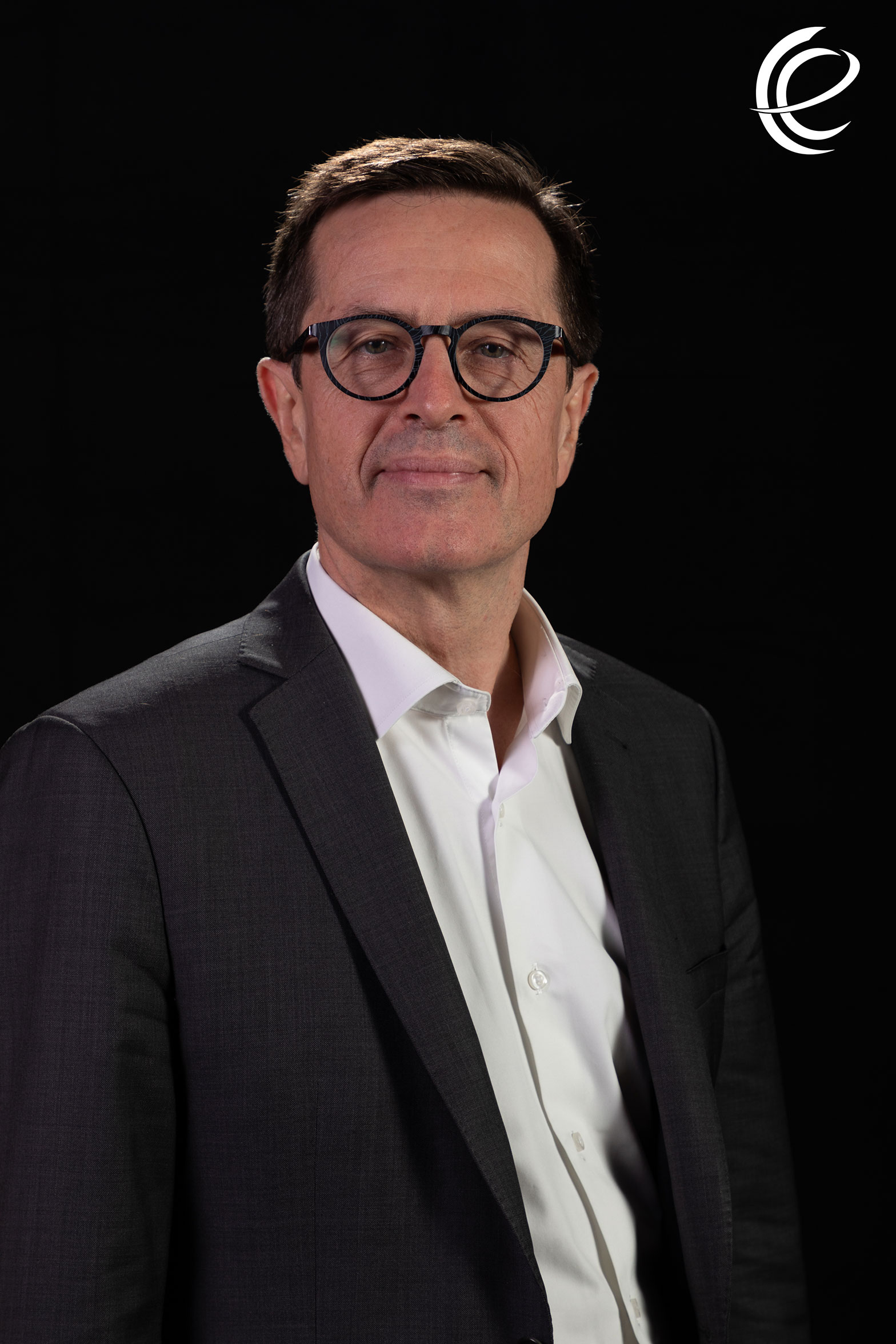

Interview with Frédéric Girard, President of France Biotech
28 April 2025
Frédéric Girard, President of France Biotech, granted Quest for Health an exclusive interview. He shares his analysis of the current health venture capital landscape, the specific challenges of early-stage financing, and his vision for the key levers needed to sustainably support the French healthtech ecosystem.
How has venture capital evolved in recent years, particularly from seed to Series A?
Globally, the 2020–2022 period was particularly dynamic for the healthtech sector, followed by a slowdown in 2023. In 2024, we are seeing a notable recovery in venture capital, particularly in the United States and Europe.
However, France has experienced a significantly different trend in 2024. Contrary to the rebound observed elsewhere, venture capital activity in France has seen a further decline, affecting all stages of investment.
Nevertheless, the seed segment has shown some resilience, notably thanks to the ongoing involvement of historical partners. That being said, tensions are emerging earlier in the companies’ life cycle, with initial funding difficulties now appearing at very early stages.
What are the reasons behind this slowdown in France?
It is difficult to pinpoint a single cause. What we observe is that funds themselves are struggling to raise capital, amid an uncertain economic environment and political instability during the second half of 2024. These combined factors have, in our view, created an environment that is not conducive to the financing of innovative companies.
Have investment criteria between seed and Series A changed in recent years?
Even though we do not always have detailed data, some trends are clear. Financing is still available, and some significant fundraising rounds have occurred. However, investors are taking more time and have raised their expectations considerably: technological quality, team strength, and business plan robustness are all scrutinized more rigorously.
Fundraising rounds that once took a few weeks now require several months, or even up to a year. This is problematic for companies with limited cash flow horizons.
What is the financial health of healthtech start-ups in 2024?
Financing remains the number one concern for entrepreneurs. In 2024, most companies have a cash flow horizon of 6 to 12 months; a quarter of them have less than 3 months. Nearly 70% are actively raising funds, which significantly mobilizes their internal resources and slows down R&D program progress.
Start-ups are understandably worried about their ability to secure refinancing. That said, some success stories continue to emerge and should inspire and reassure the ecosystem.
In this context, public support mechanisms are crucial, starting with the Research Tax Credit (CIR), which accounts for 10 to 20% of operating expenses. With only 6 to 12 months of cash on hand, this represents one to two months of survival. Maintaining the stability of this system is essential: budget forecasts cannot withstand a 20% uncertainty.
This is why we have been very active during the reform of the CIR in the last Finance Act. Although some progress was made, two setbacks are particularly concerning: the exclusion of expenses related to patents — a significant issue for biotech companies — and the elimination of the bonus for young PhDs.
What initial feedback and impacts have been observed following these measures?
Among entrepreneurs, there is a lot of disappointment. Budgetary adjustments are being imposed on the most innovative French companies — the very ones filing patents, building production facilities in France, and creating jobs.
The removal of the “Young PhD” bonus is also regrettable, as it weakens public-private collaboration. These talents, often at the very heart of transferred innovation, may now leave for abroad.
Furthermore, the abrupt implementation of this measure — applicable immediately after the law’s promulgation — prevented companies from adjusting their cash flow plans.
The overall impact is still difficult to quantify, but it is likely that these additional burdens, in an already strained context, will put some structures at risk. A slowdown in research programs is already noticeable: in 2024, CROs (Contract Research Organizations) reported a decline in activity, suggesting a ripple effect in the medium term.
In an internationally competitive environment, this is never a good sign. If we do not develop technologies ourselves, others will — and ultimately, we will have to acquire them at a high cost without having benefited from the value creation or its positive impacts on the national territory.
What trends do you foresee for the healthtech sector in 2025 and 2026?
We are fortunate to have an extremely dynamic healthtech ecosystem, supported by top-level universities and high-quality researchers. The number of healthtech start-ups in France grew in 2024, as did employment in the sector. There is real momentum that must be nurtured.
For the coming years, two priorities stand out to me:
Better mobilization of funding:
We need to better leverage private savings by allowing the French public to invest directly in health innovation. This is a promising sector that enjoys widespread support.
We must also strengthen the connections between large corporations and start-ups and fully tap into European funding, which remains underutilized.Reducing costs and simplifying administrative processes:
Companies currently spend a considerable amount of time navigating regulatory complexity. It is urgent to ease this burden so they can focus their resources on demonstrating the benefit and safety of the technologies they develop.
We expect concrete progress on the European Medical Devices Regulation, a balanced “Pharma Package,” and a European policy that facilitates market access without compromising on quality.
Every unnecessary burden slows innovation, burns cash, and delays value creation — counter to the collective ambitions we hold for the future of healthcare.